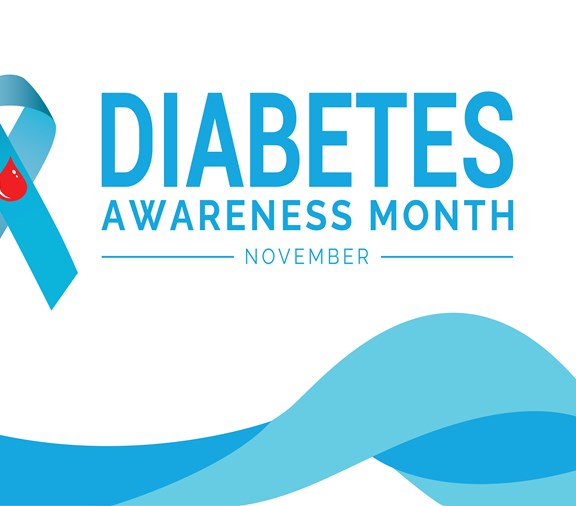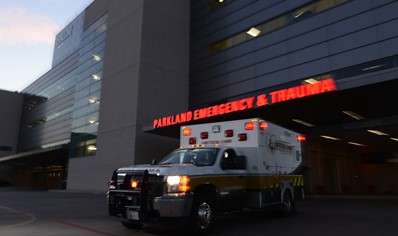
Managing Your Blood Pressure When You Have Diabetes
November 12, 2024
High blood pressure can be a serious health problem for people with chronic conditions like diabetes. According to Johns Hopkins Medicine, a leading center for medical research, a person with high blood sugar (diabetes) is two times more likely to be affected by high blood pressure (also called hypertension) than a person who does not have diabetes.
Two out of three adults with diabetes have high blood pressure. If high blood pressure is not treated, it can lead to a heart attack or a stroke.
What is Blood Pressure?
Blood pressure is the measure of how hard your heart works to push your blood through your body. When your doctor measures your blood pressure, there are two numbers. The top number is how hard your heart is pushing when it is squeezing. The bottom number is the pressure when the heart is relaxed. When blood pressure is normal, the top number is around 120 and the bottom number is around 70. Blood pressure is considered high when the top number is 130 or higher, or when the bottom number is 80 or higher.
How Does High Blood Pressure Damage Your Body?
When your heart must pump hard to get blood to move through your body, the delicate blood vessels in your body get thick. Sometimes, these blood vessels can tear. This keeps the blood vessels from doing their job of delivering oxygen-rich blood to the rest of the body. Over time, this can lead to damage to the kidneys, brain, eyes, and heart.
High blood pressure is often called the “silent killer.” You can have high blood pressure for years without any symptoms. Many people don’t notice symptoms of high blood pressure until it’s too late. That’s why it’s important to visit your doctor every year to make sure you’re keeping your blood pressure under control – especially if you have diabetes.
Causes and Risk Factors
High blood pressure is usually caused a combination of factors. Some common causes are:
- Eating food with added salt
- Not being active
- Smoking or vaping
- Drinking alcohol
Risk factors that make you more likely to have high blood pressure include:
- Having family members with high blood pressure, heart disease, or diabetes.
- Being over the age of 55.
- Having kidney disease.
How to Lower Blood Pressure
What can you do to help lower your blood pressure?
- Follow a diet low in salt.
- Use herbs and spices without salt to flavor your food.
- Look for foods that have less than 400 mg of sodium per serving.
- Get 7 to 9 hours of sleep every night.
- Limit alcohol to no more than one drink a day.
- Get your body moving. Walk instead of taking the car. Find something you enjoy doing, like dancing or riding a bike, and do it for 30 minutes at least 5 days a week.
- Ask your provider if you need medication to help lower your blood pressure. If you have side effects from your medicine that you don’t like, ask your doctor if there is another medicine that would work for you.
Would you like guidance on how to control your diabetes or blood pressure? Join our Be In Control Program. You will be paired with a dedicated care coordinator to help you manage your conditions. If you have any concerns about your diabetes or blood pressure, contact your doctor.
Earn Rewards for Managing Your Diabetes!
Diabetic members age 18 and older can earn $20 in reward points for completing an HB/A1c blood test every 6 months. Click here to learn more.



